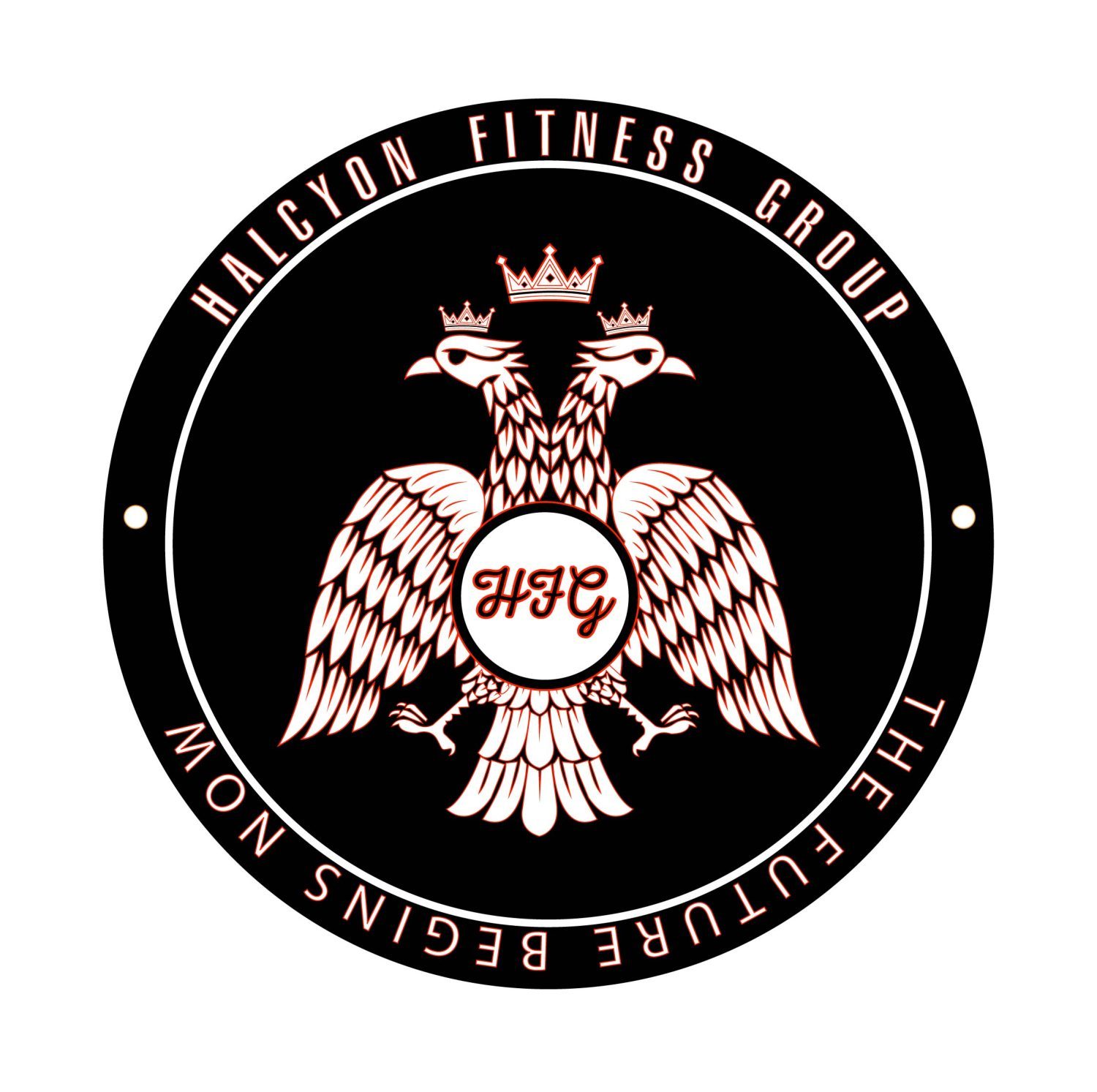https://plus.google.com/+claudialamascolo/posts/YCoVpf7a356?_utm_source=1-2-2
Best Breakfast Foods for Weight Loss
MIND-BODY CONNECTION
We have read stories about people recovering all due to the power of the mind. The mind-body connection is something to behold. The mind-body connection- means that our thoughts, feelings, beliefs, and attitudes can positively or negatively affect our biological functioning. In other words, our minds can affect how healthy our bodies are. The Mind-Body Connection is very real. Do you understand how it affects your health? From everything to “butterflies” in your stomach to the “fight or flight” reflex, the mind-body connection plays an important role in our lives. What we do with our bodies (work, exercise) often impacts our mental state. This is a very interesting relationship between body and mind.
To understand the mind-body connection, we must have the knowledge of what it is, and how it works. Here is some background information:
Awareness of the mind-body connection is by no means new. Until approximately 300 years ago, virtually every system of medicine throughout the world treated the mind and body as a whole. But during the 17th century, the Western world started to see the mind and body as two distinct entities. In this view, the body was kind of like a machine, complete with replaceable, independent parts, with no connection whatsoever to the mind.
This Western viewpoint had definite benefits, acting as the foundation for advances in surgery, trauma care, pharmaceuticals, and other areas of allopathic medicine. However, it also greatly reduced scientific inquiry into humans’ emotional and spiritual life, and downplayed their innate ability to heal.
In the 20th century, this view gradually started to change. Researchers began to study the mind-body connection and scientifically demonstrate complex links between the body and mind. Integrative psychiatrist James Lake, MD, of Stanford University, writes that “extensive research has confirmed the medical and mental benefits of meditation, mindfulness training, yoga, and other mind-body practices”.
Here are a few mind-body therapies that will help you:
1) Support groups
2) Cognitive-behavioral therapy
3) Meditation
4) Prayer
5) Creative arts therapies (art, music, or dance)
6) Yoga
7) Biofeedback
8) Tai chi
9) Qigong
10) Relaxation
11) Hypnosis
12) Guided imagery
What is the mind?
The mind is NOT the brain. Instead, in this definition, the mind consists of mental states such as thoughts, emotions, beliefs, attitudes, and images. The brain is the hardware that allows us to experience these mental states.
Mental states can be fully conscious or unconscious. We can have emotional reactions to situations without being aware of why we are reacting. Every mental state has a physiology associated with it—a positive or negative effect that is felt in the physical body. For example, the mental state of anxiety causes you to produce stress hormones.
Many mind-body therapies focus on becoming more conscious of mental states and using this increased awareness to guide our mental states in a better, less destructive direction.
.
In closing, the mind-body connection is pretty strong. Understanding the WHY of how your body works is foundational. A strong foundation is the definition of the basics. Remember, Tthe basics always win.
